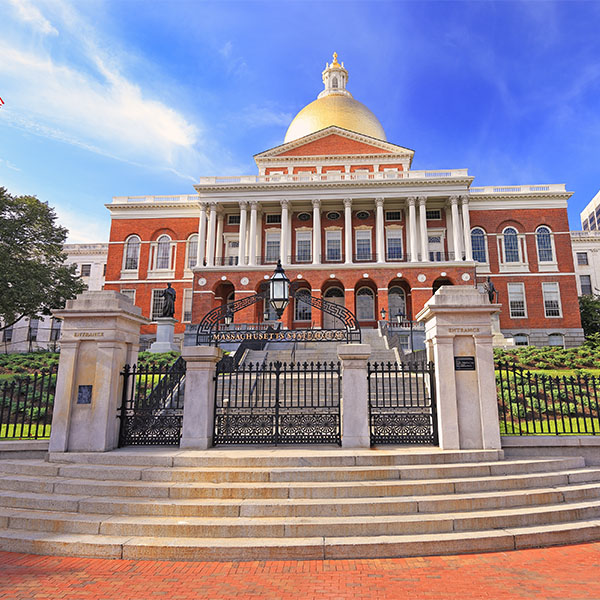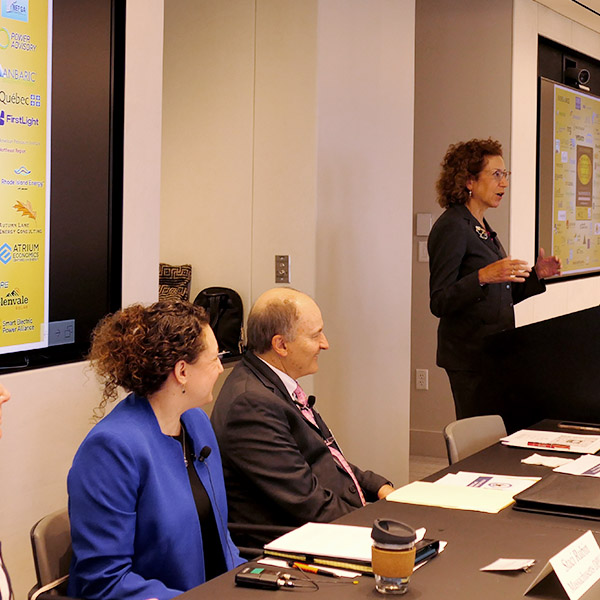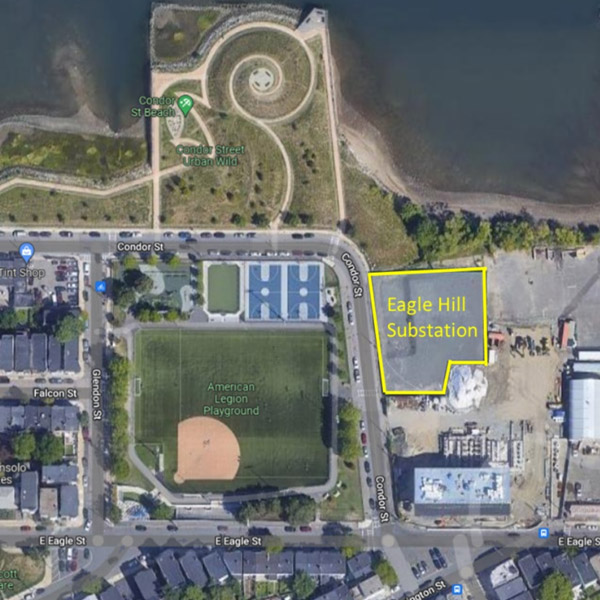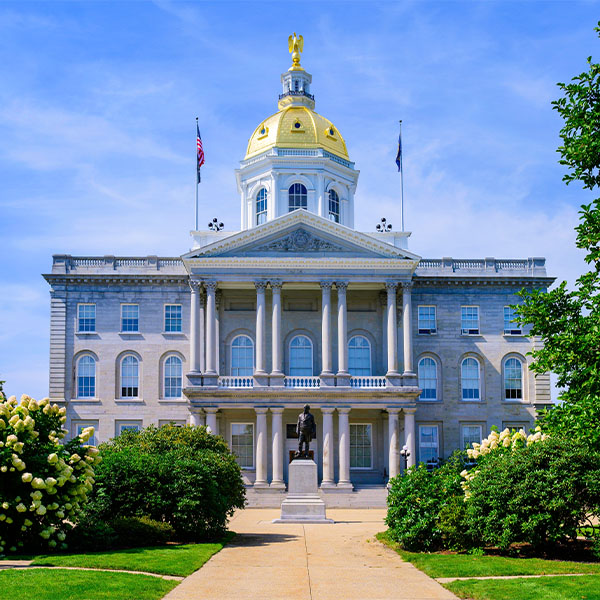Conservation Law Foundation (CLF)
Top Massachusetts House members are pushing an expansive energy bill that would scale back several major climate initiatives and programs.
The Trump administration is moving to close the door on U.S. offshore wind development by remanding approvals for all projects not already under construction.
The Massachusetts Department of Energy Resources will delay its next offshore wind solicitation until “at least 2026” due to uncertainty around federal permitting, tax credits and tariffs.
The expedited phaseout of federal tax incentives for renewables threatens projects and jobs across the clean energy industry in New England.
Business groups and environmental advocates expressed divergent views on a proposal by the Massachusetts Department of Public Utilities that would require new gas customers to cover the entire cost of connecting to the system.
As the Trump administration pulls federal support for environmental justice programs, ISO-NE’s first environmental and community affairs advisor remains optimistic about the RTO’s efforts to engage historically overlooked communities.
Increasing electricity prices must be met with a greater effort to reduce peak loads and protect low- and moderate-income ratepayers, several Northeast utility regulators said at Raab Associates’ New England Electricity Restructuring Roundtable.
The Massachusetts Supreme Judicial Court upheld the Energy Facilities Siting Board’s approval of a controversial substation in East Boston, likely concluding the 10-year fight over the project.
ISO-NE’s Capacity Auction Reforms project will include an evaluation of additional resource accreditation modeling enhancements, the RTO told the NEPOOL Markets Committee.
New rules proposed by the New Hampshire Public Utilities Commission would “unduly exclude” companies and organizations from participating in its proceedings, according to a coalition of power generators, consumer advocates and environmental organizations.
Want more? Advanced Search










